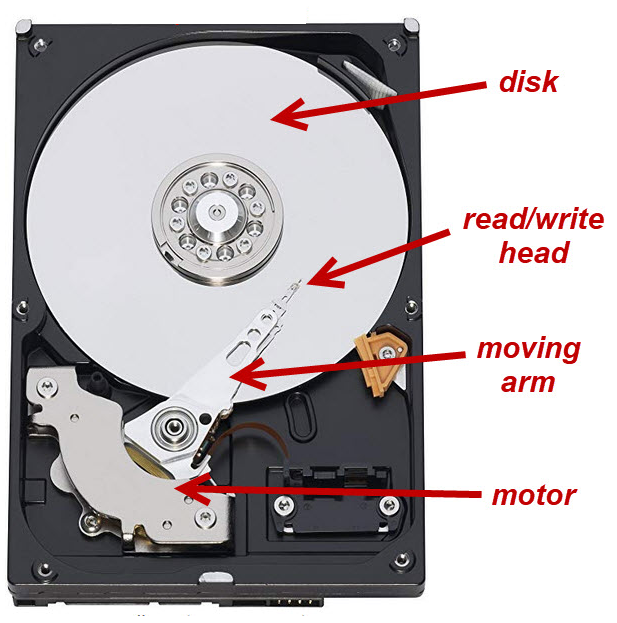

This is because if the drive fails, you may lose all your data – if your data is held across several drives, if one drive fails, you won't lose everything. Generally, we’d recommend having several smaller hard drives rather than a single large hard drive. HDDs around the 8TB to 12TB size are primarily used for servers and NAS devices, where you need a lot of space for holding backups. These days you can get a 2TB hard drive for an affordable price, which offers you plenty of space. HDD capacities range from 40GB up to 12TB for commercial hard drives, while there are even larger capacities for enterprise use. Generally, if you’re after a lot of storage space, HDD is the way to go. SSD vs HDD: capacityĬlosely tied to the price when comparing SSDs and HDDs is the capacities of the drives. We’ve also got a guide on the best cheap hard drive deals, which can help you to bag a bargain. You can get some large HDDs for very low prices, but if you’re keeping important data on the drives, it’s best to check out user reviews and reports about their reliability. Manufacturing processes for traditional HDDs mean they're now relatively cheap to produce, which makes them more affordable. If you want the most capacity for the least amount of money, HDDs are the way to go. Older SATA III SSDs are cheaper than M2 and PCIe SSDs, and because the technology has been around for a while, certain SATA III SSDs aren’t all that more expensive than a traditional hard drive.Ĭheck out our best cheap SSD deals guide for help finding the best price for an SSD. However, it’s worth noting that some SSDs are more expensive than others. SSDs are typically more expensive per gigabyte than traditional hard drives. When you’re choosing between an SSD and HDD, the first big difference you’ll notice at first is the price. This SSD uses a PCIe connection for improved speeds SSD vs HDD: price However, the maximum data throughput of SATA III is 600MB/s, and while this is fine for HDDs, SDDs are capable of much faster speeds, which means if you have an SSD with a SATA III connection, the drive’s performance is actually being held back by its SATA connection. Many SSDs come with SATA III ports, which means they can be easily installed in place of a HDD, and many also come in the 2.5-inch format that smaller hard drives also come in. Modern technology allows SSDs to have more NAND chips than ever, which means SSDs can have capacities similar to HDDs. The more NAND (Negative-AND) memory chips an SSD has, the more storage capacity it has. Solid State Drives (SSDs) offer faster ways to store data What is a solid state drive (SSD)?Ī solid state drive (SSD) is newer storage technology, but it’s still been around for a while now, and if you have a modern laptop, it’s likely that it uses an SSD.Īs the name suggests, an SSD – unlike a traditional hard drive – has no moving parts.


 0 kommentar(er)
0 kommentar(er)
